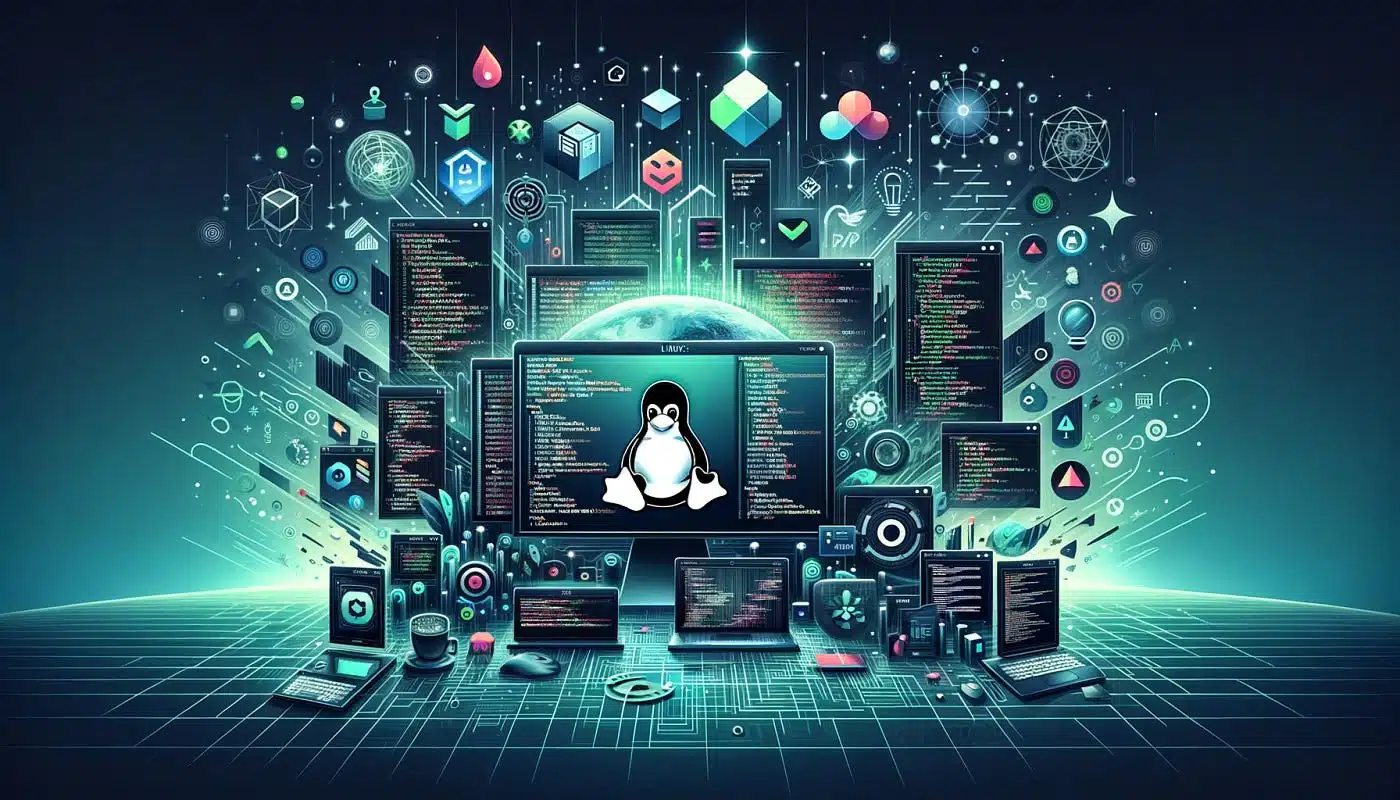- Introduction to Linux for Developers
- Essential Toolchains
- Integrated Development Environments (IDEs)
- Command Line Tools
- Productivity Enhancers
- Conclusion
Introduction to Linux for Developers
As the open-source operating system of choice for many developers, Linux has established itself as a powerful platform for software development. Whether you’re managing systems, developing applications, or deploying web services, Linux provides a robust foundation with a rich ecosystem of tools, IDEs, and productivity enhancers. This article explores essential toolchains, integrated development environments (IDEs), and productivity tips to help developers maximize their efficiency and effectiveness on Linux.
Essential Toolchains
A toolchain is a collection of tools used to create software applications. Within the Linux environment, several key toolchains have become industry standards:
-
GNU Compiler Collection (GCC): Essentially the backbone of many Linux distributions, GCC is a versatile compiler that supports C, C++, and other programming languages. Its efficiency and reliability have made it a favorite among developers for compiling code.
-
Make: This build automation tool simplifies the process of compiling and linking code. By defining project dependencies and build rules in a
Makefile, developers can easily manage complex builds without manual intervention. -
CMake: Offering greater flexibility than Make, CMake generates build files for multiple platforms. This cross-platform capability makes it ideal for larger projects that need to be compiled on various systems.
-
GDB (GNU Debugger): Debugging is an integral part of software development. GDB allows developers to step through their code, inspect variables, and diagnose issues, making it an essential tool in your development toolkit.
Integrated Development Environments (IDEs)
While many developers prefer lightweight text editors, IDEs provide a comprehensive environment for developing applications with features that increase productivity:
-
Visual Studio Code: Popular among developers for its lightweight nature and extensive marketplace of plugins, Visual Studio Code offers syntax highlighting, debugging features, and integrated version control, making it an excellent choice for Linux users.
-
Eclipse: Known for its powerful features and flexibility, Eclipse is highly extensible through plugins and supports multiple programming languages. It’s ideal for Java development but can be configured for C/C++ and Python as well.
-
IntelliJ IDEA: Though primarily designed for Java, this IDE supports a range of languages through plugins. Its intelligent code completion, refactoring tools, and built-in version control integration make it a strong contender for many developers.
-
PyCharm: For Python developers, PyCharm provides an unparalleled set of tools with its rich debugging capabilities, code inspections, and seamless integration with Python libraries and frameworks.
Command Line Tools
An often-overlooked aspect of Linux development is the power of command-line tools. Using the terminal effectively can significantly enhance your workflow:
-
Tmux: A terminal multiplexer, Tmux enables you to run multiple terminal sessions within a single window. This is particularly useful for developers who need to monitor applications or services while still coding.
-
Git: No discussion on development is complete without mentioning version control. Git, the leading version control system, allows developers to track changes, collaborate with others, and manage code revisions efficiently.
-
SSH: Secure Shell (SSH) provides a secure way to access remote servers. Developers can leverage SSH to manage applications and databases, ensuring secure and efficient operations.
Productivity Enhancers
Utilizing the right productivity enhancers can drastically improve your development experience on Linux:
-
Automated Testing Tools: Tools like Jenkins and GitLab CI/CD allow developers to automate testing and deployment processes. Automating repetitive tasks frees up time for more creative aspects of development.
-
Containerization with Docker: Docker simplifies application deployment through containerization, managing dependencies, and ensuring that applications run consistently across different environments.
-
Task Management Tools: Keep track of tasks and projects with tools like Kanban boards or time trackers. Solutions like Trello or Asana integrate well into development workflows, helping maintain focus.
Conclusion
Linux stands as a powerful ally for developers. By leveraging its robust toolchains, versatile IDEs, and various productivity enhancers, developers can create, debug, and deploy applications with efficiency and effectiveness. Whether you are a seasoned software engineer or a newcomer to programming, mastering these tools will empower you to harness the full potential of Linux for development. Embrace the versatility and community support of Linux, and watch your productivity soar.
